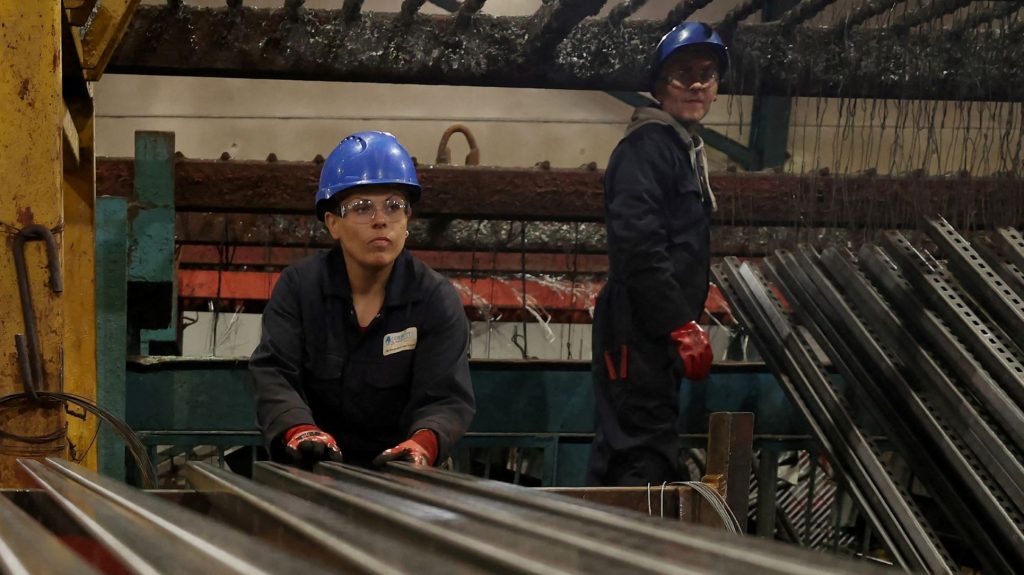Government Announces Apprenticeship Reforms With New Growth And Skills Levy

The UK government has unveiled ambitious reforms to the apprenticeship system, aimed at increasing opportunities for young people in England.
Prime Minister Sir Keir Starmer and Education Secretary Bridget Phillipson announced yesterday that the current Apprenticeship Levy will be replaced with a new Growth and Skills Levy, which will include the introduction of Foundation Apprenticeships.
These new apprenticeships are designed to provide young people with a direct route into critical sectors, allowing them to earn a wage while developing essential skills for their careers.
A key feature of the new system is the flexibility it offers, as funding will now be available for shorter apprenticeships, removing the requirement that all apprenticeships must last at least 12 months, which was a condition of the previous system.
Training under the new levy will be informed by Skills England, the government’s recently established body tasked with assessing the country’s priority skills needs. The Department for Education will release further details on the scope and accessibility of this training in the coming months.
To fund the initiative, employers are being asked to rebalance their investment, focusing more on supporting younger workers. This includes encouraging businesses to fund more of their level 7 apprenticeships—equivalent to master’s degrees—outside of the new levy, which are often taken by older or already highly qualified employees.
The first report from Skills England was also released, offering an initial evaluation of the country’s current and future skills needs. It highlights a worrying decline in employer investment in training, with spending on training per employee down 19% in real terms since 2011.
The report also found that over 2.5 million roles—nearly 1 in 10 jobs—are in critical demand, with the majority requiring training or education. The health and social care sector has the highest demand, followed by education, manufacturing, and science and technology.
Skills England will play a vital role in determining which types of training will be eligible for funding under the new levy and will work closely with stakeholders to provide guidance to the Department for Education.
Stephen Phipson, CEO of Make UK, praised the reforms: “This announcement demonstrates real intent from the government to fix England’s broken apprenticeship system. For too long, manufacturers have been held back from investing in critical trade and technical skills by a chronic lack of funding, and industry will applaud the government’s determination to start putting this right. It is clear the Prime Minister has listened to businesses across the country and taken decisive action on apprenticeships.”
Phipson emphasised that the new approach to Foundation Apprenticeships, focused on high-quality training for key job roles, will be essential to the long-term success of the UK’s industrial strategy. He added, “Industry stands ready to work with government to take this positive announcement forward.”
With the introduction of these apprenticeship reforms, the government is taking concrete steps to address skills shortages, boost investment in training, and support economic growth across key sectors of the economy.




